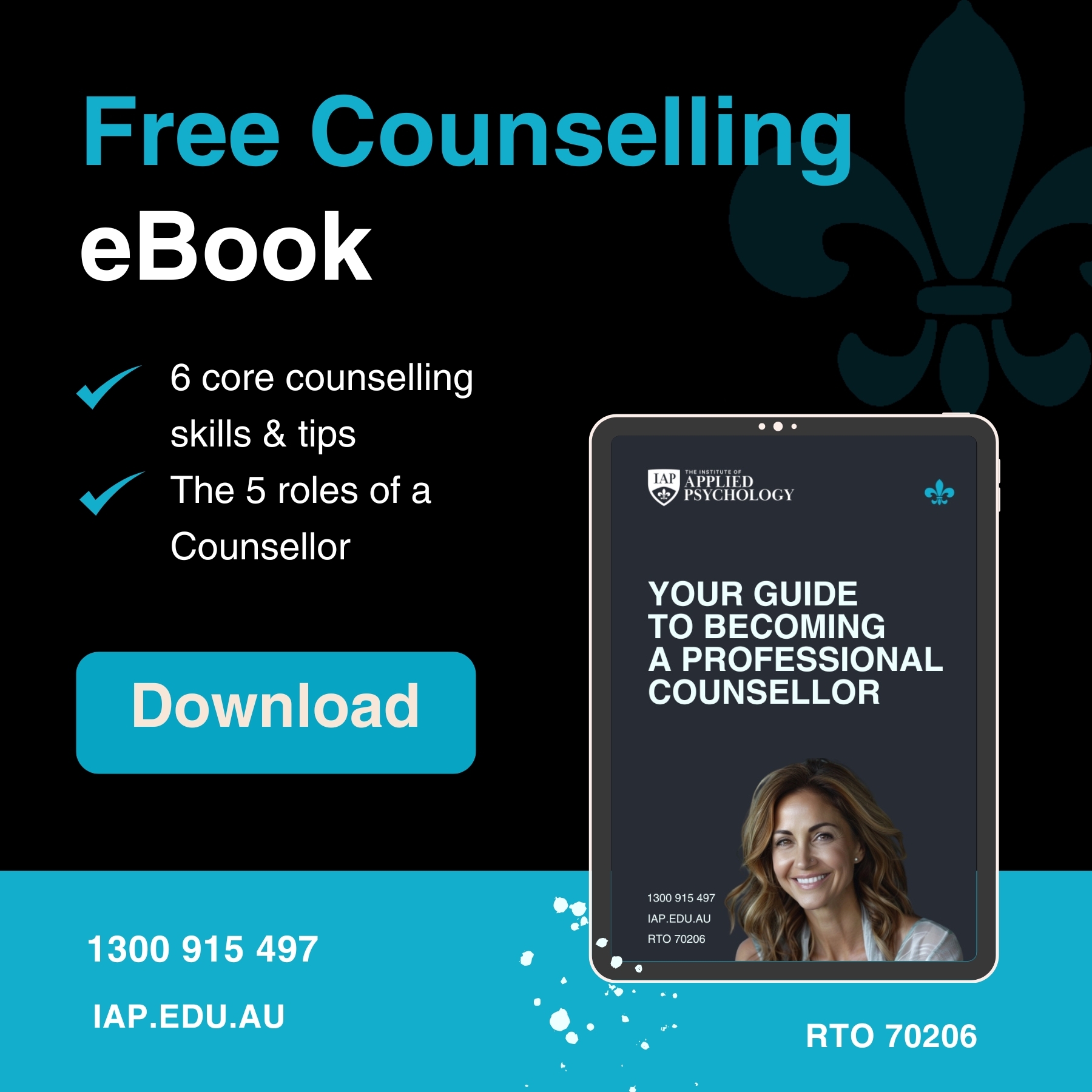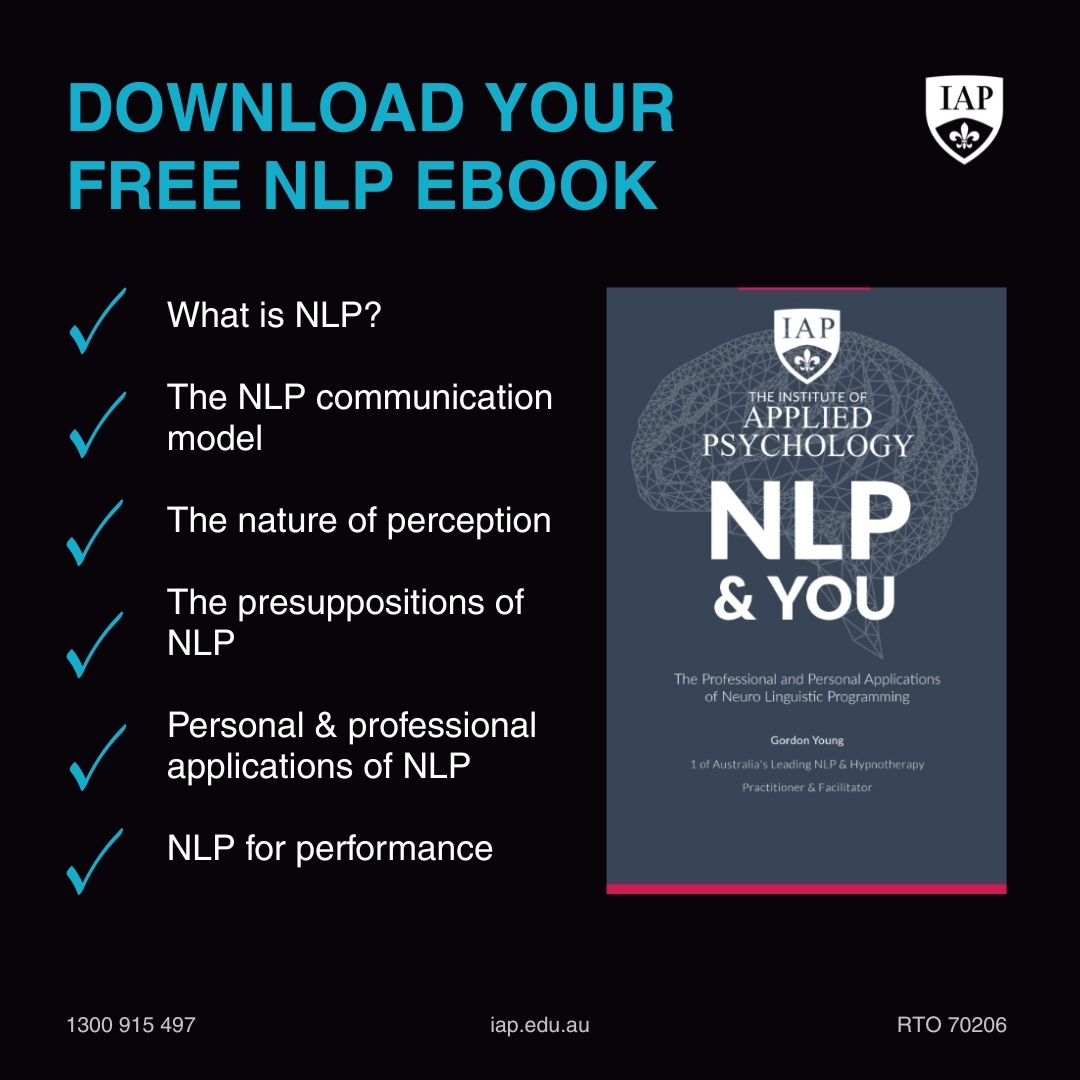7 Reasons Why Becoming a Counsellor Is A Rewarding Career Choice That Is Needed
In the rapid flow of contemporary life, where the endless rush often results in feelings of stress or solitude, the empathetic support and direction provided by counselling emerge as a beacon of hope in the darkness. Choosing to be a counsellor allows you to offer a helping hand to people during their toughest moments, assisting them as they navigate personal challenges. And, with the growing demand and waitlists that psychologists, counsellors and other therapists are experiencing, the demand for counsellors is higher than ever.
Who are Counsellors?
Counsellors are the unsung heroes trained to help people face and conquer their life battles. With their deep understanding, they offer support across an array of situations, offering a guiding light for educational pursuits, career advice, or the personal storms of anxiety and depression.
The Growing Field of Counselling
The counselling profession has blossomed, driven by a rising awareness of its importance. Data from the Bureau of Labour and Statistics show that the demand for counselling specialisations exceeds the number of professionals entering the field. This isn’t just about numbers; it reflects the depth and diversity of counselling as a career, requiring years of dedicated study and ongoing development.
Counsellors find their place in various settings, from clinical environments to cosy private practices, touching lives across all demographics. Success here isn’t measured in mere statistics but in the profound, often life-changing impact on individuals facing adversity.
The predicted growth of Counsellors by the year 2033 is 27.7%.
The Essential Role of Counselling
Counselling stands as a pillar for those weathering life’s storms, from the upheaval of job loss or divorce to the fight against addiction or the journey towards a healthier self. It empowers us to face hurdles, rebuild, and cultivate resilience.
Through diverse methodologies, counsellors guide clients to introspect, understand, and grow. They help people ask the right questions and find their answers, enabling life-altering decisions and confident transitions.
7 Reasons to Become a Counsellor:
- Making a Difference: The chance to significantly alter someone’s life path is both profound and rewarding.
- Growing Demand: With an expected job growth rate surpassing many other fields, the need for skilled counsellors is clear.
- Diverse Opportunities: Whether in schools, hospitals, or private practice, counsellors have a wealth of paths to choose from.
- Personal Fulfillment: There’s immense satisfaction in witnessing the positive transformation in those you guide.
- Continuous Learning: The field demands a commitment to understanding human behaviour and therapeutic innovations.
- Flexibility: Many enjoy the adaptability of the role, from part-time positions to setting their own schedules.
- Specialisation: The field offers the freedom to specialise in areas like addiction, grief, or family counselling, tailored to one’s passions.
Top 5 Values Counsellors Typically Embrace:
- Empathy: At the heart of counselling is connecting with and genuinely understanding others.
- Integrity: A commitment to ethical standards and confidentiality is non-negotiable.
- Patience: The healing journey is a marathon, not a sprint, requiring endless patience.
- Communication: Effective listening and the ability to convey support are key skills.
- Resilience: Facing emotionally taxing situations head-on, counsellors must maintain their well-being.
Top 3 Reasons People Seek Counselling:
- Mental Health Issues: Managing depression and anxiety is a top reason for seeking help.
- Relationship Problems: Counselling provides a space to navigate and resolve conflicts.
- Life Transitions: Significant changes often prompt individuals to seek support and guidance.
Becoming a Counsellor offers a unique opportunity to make a tangible difference in the world, transforming individual lives and fostering healthier communities. Through the lens of counselling, we’re reminded of the power of human connection and the profound impact we can have on each other’s lives in this complex, ever-changing world.
How Do You Become a Qualified Counsellor in Australia?
To become a qualified counsellor in Australia, follow these steps:
- Complete an ACA-recognised CHC51015 Diploma of Counselling: Start with this foundational course to gain essential skills and knowledge. You can then seek employment as a counsellor, case manager, or similar.
- Further Education: This Diploma is a pathway into university courses if you continue your studies. Consider pursuing a graduate diploma or bachelor’s degree in counselling or a related field for deeper understanding and skills, such as a CHC81015 Graduate Diploma of Relationship Counselling.
- Practical Experience: Engage in supervised clinical placements to apply your knowledge in real-world settings.
- Professional Development: Further your education with postgraduate studies and attend workshops and seminars for ongoing learning.
- Membership and Registration: Join professional associations like the world peak body – The International Association of Counsellors (IAC) or The Australian Peak Body – The Australian Counselling Association (ACA) for professional recognition and credibility.
- Start Practicing: Work paid or volunteer in various settings like schools, healthcare facilities, or private practice, adhering to ethical guidelines and regulations.
- Ongoing Learning: Maintain professional development to keep up with industry standards and advancements. Investing in yourself will help you to continue to help others.
This pathway emphasises the importance of formal education, practical experience, professional association membership, and continuous learning.
To connect with a dedicated Course Advisor, call 1300 915 497 or click here to view our ACA-recognised CHC51015 Diploma of Counselling course information.








